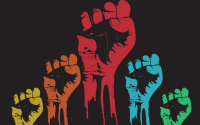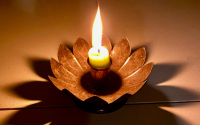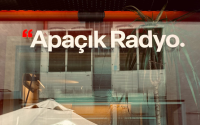The Foundation for Taxpayer and Consumer Rights (FTCR) today exposed internal oil company memos that show how the industry intentionally reduced domestic refining capacity to drive up profits
8 September 2005Seattle Post-IntelligencerAnita Snow
More than a week after Cuba offered to send physicians to the United States to aid the Hurricane Katrina relief efforts, President Fidel Castro and his doctors still await an answer.
And it isn't likely to be positive.
State Department spokesman Sean McCormack has suggested the Cuban doctors would not be needed because a government appeal for help "has seen a robust response from the American medical community." But he said all options would be considered.
The United States has branded Cuba one of the world's few remaining "outposts of tyranny" in a league with Myanmar, Belarus and Zimbabwe. A U.S. trade embargo on the communist island has been in place for more than four decades, and during that time the countries have not had diplomatic relations.
Despite that, Cuba has offered more than 1,500 doctors ready to leave at a moment's notice to provide free services to hurricane victims. Officials expect the death toll from the powerful Aug. 29 storm to reach the thousands; hundreds of thousands have been displaced from their homes
"We are anxiously waiting, every moment, for a positive response," said Dr. Jesus Satorre, a 33-year-old cardiologist who helped an international team of doctors tackle a major cholera crisis in Guinea Bissau in 2002.
"It would be marvelous to be elbow-to-elbow with the American doctors, helping these people, saving lives for the love of humanity," Satorre said Wednesday at Havana's Latin American Medical School, where the physicians are living while awaiting word.
"We will wait as many days as necessary," Castro said Sunday when he gathered the doctors, equipped with new white smocks and olive green backpacks stuffed with medical supplies, to thank them for volunteering their services to save American lives.
"In the meantime, they will employ their time in intensive courses in epidemiology and perfecting the English language," the Cuban leader said at the meeting.
Castro rejected the notion that his offer was purely political.
"Perhaps those who do not know the honor and solidarity spirit of our people think this is a bluff or a ridiculous exaggeration," he said Sunday. "But our country never plays with such serious matters."
Castro, however, has routinely turned down offers of U.S. humanitarian relief for hurricanes and other disasters.
After Hurricane Dennis pummeled the island in July, he expressed gratitude but nevertheless roundly rejected the U.S. government's offer of $50,000 in aid.
In fact, Castro said Cuba would accept no American assistance while the trade embargo remains in place. "If they offered $1 billion we would say no," he said at the time.
Still Cuba has been careful not to criticize the lack of a U.S. response to its offer.
"I think the Cubans showed a lot of humanity in their offer," said Sandra Levinson, director of the Center for Cuba Studies in New York, a nonprofit group that supports cultural exchanges between the countries.






